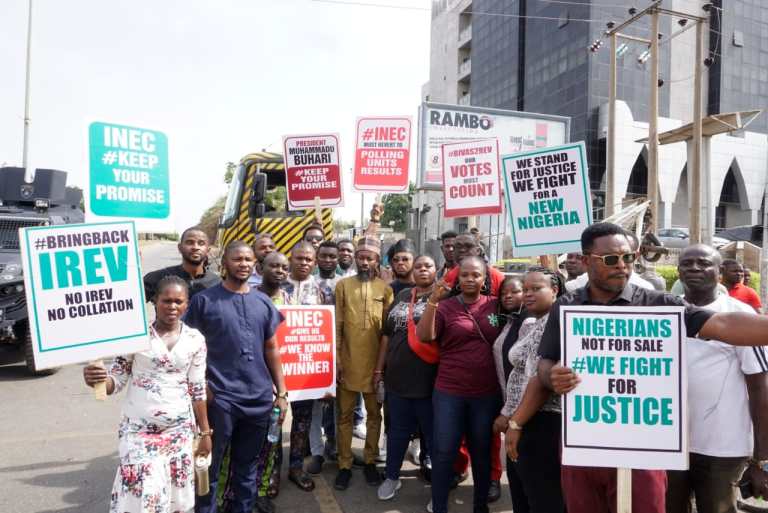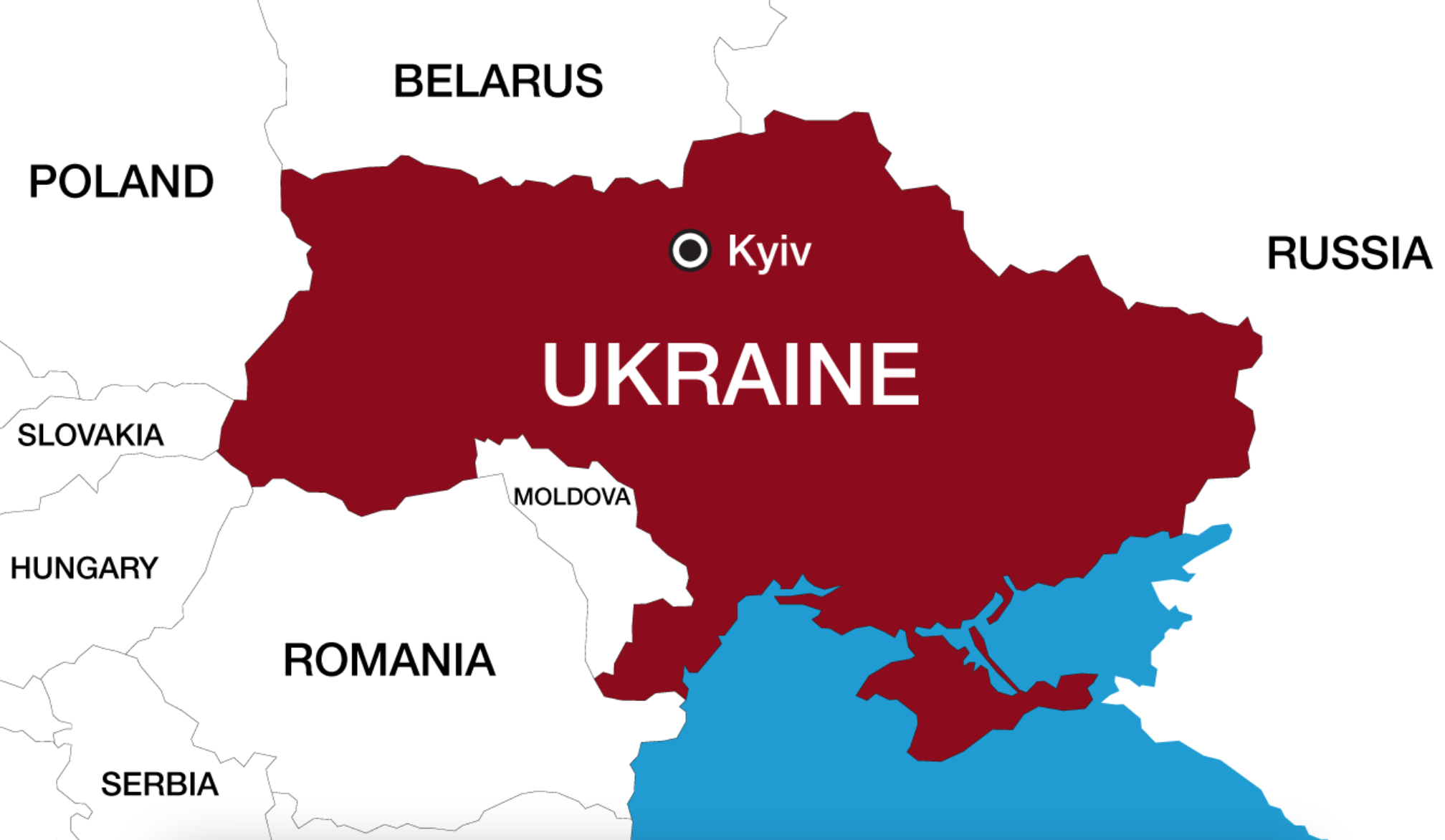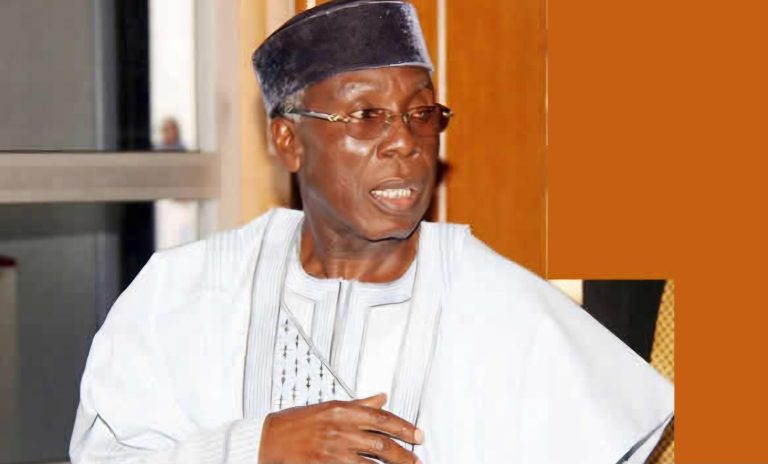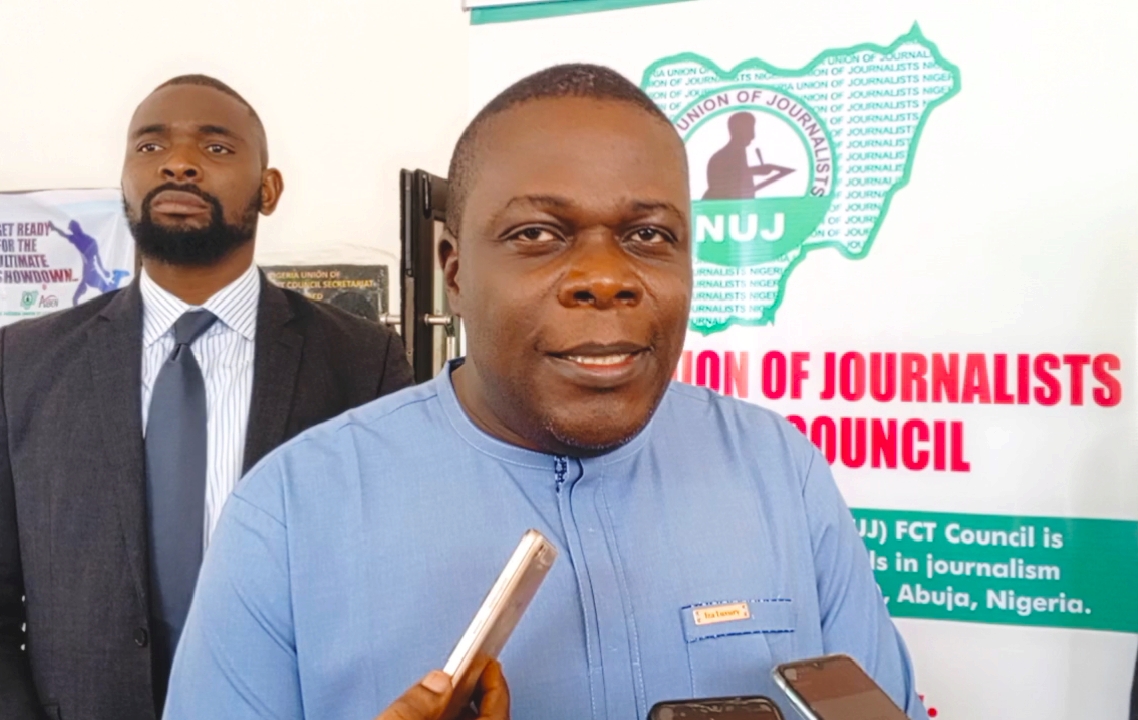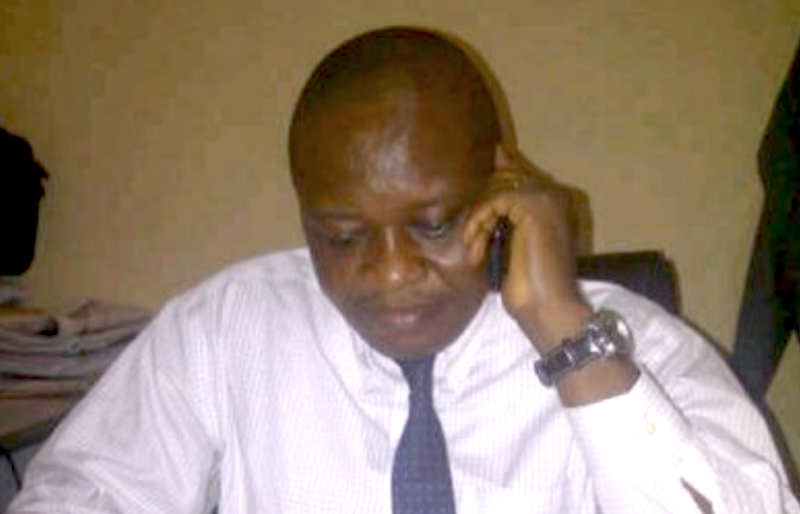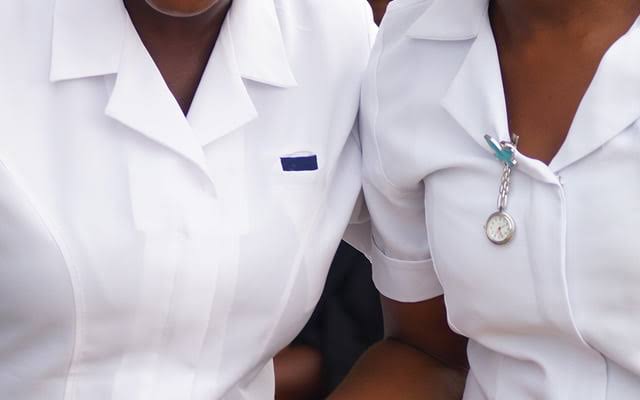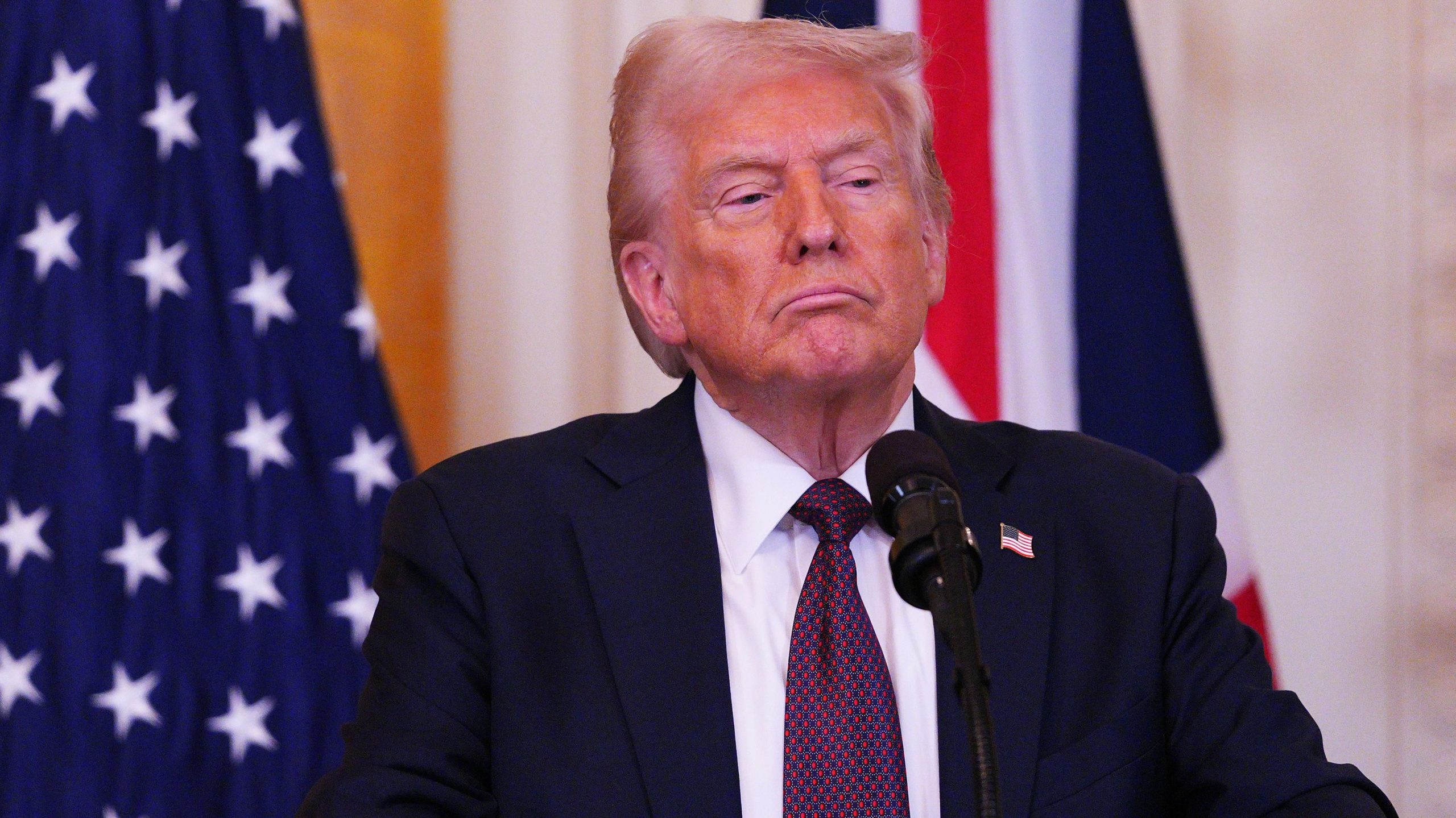Plato, the ancient Greek philosopher universally acknowledged as the greatest talent in the history of philosophy, in outlining the duties of citizens qualified the level of respect for lawful authorities.
Citizenship, he wrote, involves not just rights and privileges, but also responsibilities and a commitment to the common good, including active participation in civic life and adherence to JUST LAWS (emphasis mine).
Invariably, when laws validly passed by a law making body are deemed not to be in tandem with common good and in agreement between rulers and the ruled, there is enough ground for dissent by citizens.
Mohamed Bouazizi was a young man eking a living from trading on the streets of Tunis, Tunisia. He often had to contend with the Police who routinely harassed and extorted money from him. On December 17, 2010, he had had enough.
He took his own life through self-immolation. The protests his self immolation triggered eventually led to the Tunisian Revolution. It did not end with the fall of the regime, but culminated in the fall of a number of regimes that the world dubbed the Arab Spring. The outcome forever changed the political dynamics in the Middle East.
There is no shortage of courage within Nigeria to fight for what is right in the face of the annulment of the June 12, 1993 election. Late Chief Gani Fawehinmi led the stellar cast of activists that damned their personal safety to fight against tyranny of the military.
It was a practical demonstration of Plato’s admonition that citizens will face difficult choices between personal interests and the requirements of justice in the inevitable conflict to protect democratic systems from demagogues who might manipulate citizens for their own gain. Like Plato, Gani believed that true citizenship requires a commitment to reason and justice, rather than mere popularity.
In the midst of unadulterated poverty of the people, Nigerians have almost abandoned the responsibilities that come with citizenship as well as the task of doing the basic things. Dissent through peaceful means was one virtue Gani taught Nigeria.
His was not to just complain of demagoguery, he fought vociferously public office holders, especially members of the executive branch. He, perhaps, had more court suits challenging the overreach of the government and those that sought to protect the liberty and rights of the people than suits that made him rich.
At a time we should have louder complaints to match the level of grinding poverty, the stage has been taken over by a different set of citizens – the ones ordained by the government to be more vocal than any other segment of the population.
While most of the people are quietly wallowing through hunger and deprivation, the media space has been taken over by a horde of paid agents who masquerade as social media influencers and commentators. They now speak for the people and all we hear from them is that the government is doing the right things. Using dubious figures, they unabashedly tell Nigerians that they are having the best time under President Bola Tinubu.
The increase in minimum wage from N30,000 to N70,000, an increase of more than 100 percent is the major tool for driving their narrative. Any contrary opinions are loudly drowned by the galaxy of promoters of the government who do not mind that they are using the same words, the same data in driving their narrative.
From the recent workshop or gathering in Abuja of the paid promoters of government, it is apparent government is giving Nigerians a new definition of citizenship and the responsibilities that come with it. Criticism of the government is almost being aggregated with subversion. The road to conquering poverty now lies with applauding the government and whatever it does.
There is crisis of citizenship in the country. In addition to being dubbed unpatriotic, the new ‘citizens’ have unleashed a new, but sophisticated level of bigotry on Nigerians. Before the nature and content of people’s opinions are evaluated, the first thing they look out for is the name of the opinion holder. That enables the colouration given to the views. There is no merit in opinions or genuine criticisms of the government anymore.
Elsewhere, regular gauging of public opinion tend to inspire the government on the direction to take in policy formation and implementation. Going through social media posts, it will seem like the federal government is contending only with a tiny minority of saboteurs intent on painting the government and the country black.
It is as if the federal government is battling against liars and evil people. The public space has been taken over by the people Abuja has been grooming to be the new citizens that will be the real Nigerians to tell it the kind of story it wants to hear. That is the crisis of citizenship in the country. Who is the citizen by Abuja’s definition?
Plato said in his ancient Greece that the “burden of citizenship” refers to the responsibilities and obligations that come with being a citizen of a country, including upholding the law, participating in civic life, and contributing to society. If he was alive, he would have had to redefine citizenship.
